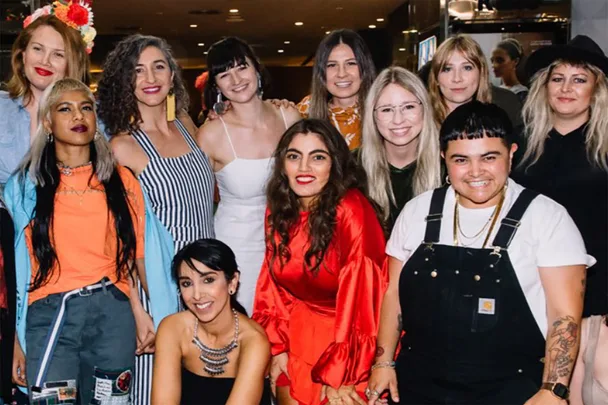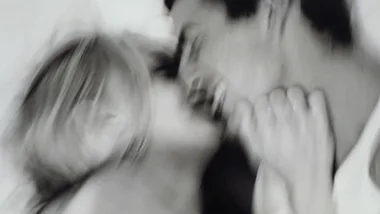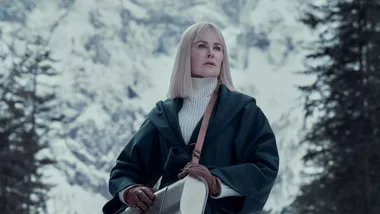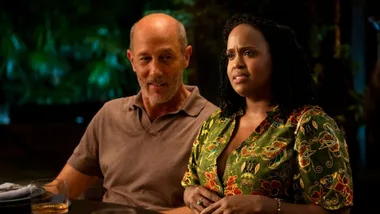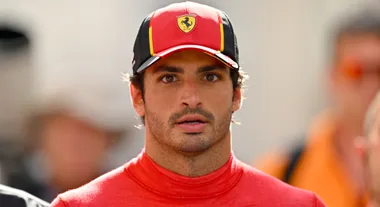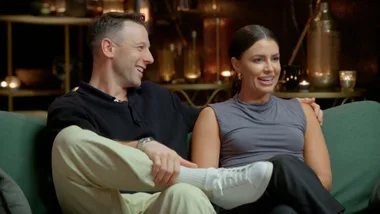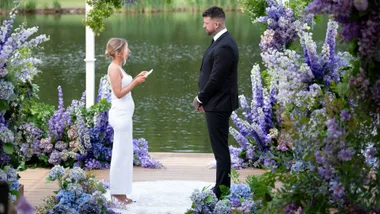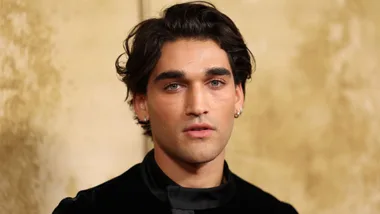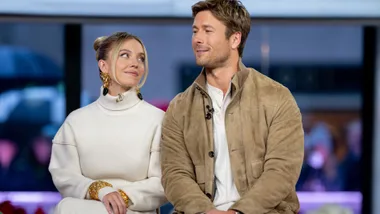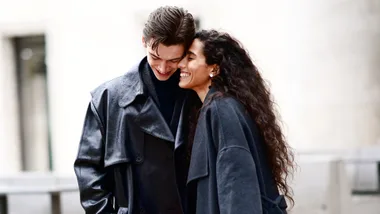“Women need to be heard,” says Eleanor Dixon in the new documentary Her Sound, Her Story, celebrating women in the Australian music industry.
The film, produced by Claudia Sangiorgi Dalimore and Michelle Grace Hunder, features conversations with more than 45 artists including Tina Arena, Julia Stone, Mama Kin, Jen Cloher, Kate Ceberano, Missy Higgins, Thelma Plum, Montaigne and Okenyo. And it’s now available to stream online here.
Director Sangiorgi Dalimore was inspired to make the documentary because of her personal experiences as a woman in the creative scene. “Having worked in creative industries from a very early age, I have experienced first-hand the duality of being forced to exert an unruly sense of authority in highly male-dominated workplaces whilst simultaneously maintaining a feminine stature,” she says.
For producer, Hunder, the documentary was about giving women a voice, “We simply determined to ask and listen to each woman’s individual story.”
It’s about time, according to Kate Ceberano, who says, “No one’s listening, the industry itself doesn’t give a shit.”
The documentary highlights the staggering fact that 50 per cent of music students are women, but 80 per cent of songs are written by men. Only 23 songs in Triple J’s Hottest 100 this year were by female solo artists. And at this year’s Splendour in the Grass, female solo artists made up just 24.8 per cent of the line up. This all begs the question – where are all the women?
“Men and women should be equal, and we’re not. That’s a fact,” says music journalist Zan Rowe.
In the documentary, the women recount harrowing stories of double standards in the music industry, including being propositioned by older male executives, being groped backstage and being mistaken for the drummer’s girlfriend.
What’s the answer? “There has to be a cultural shift,” says DJ Nina Las Vegas. And Her Sound, Her Story does a brilliant job of opening up the conversation to facilitate that cultural shift. It’s important viewing for all women, men and music fans.
Despite talking about the struggles they’ve faced, the women in the documentary remain hopeful about the future of music. “It’s a good time to be a woman in the Australian music industry. It’s a good time to be a woman full stop,” says Mama Kin.
In one of the most touching scenes in the film, African-Australian musician Okenyo (who’s also a Play School presenter) tears up when she talks about what keeps her going. “I got a message from a mum saying I was her daughter’s favourite presenter on Play School,” Okenyo reveals. When the mum asked why, the little girl said, “Because she has the same hair and smile as me.”
Representation matters. Women can’t be what they can’t see – or hear.
We need to start supporting and listening to female musicians because they have a voice and something say. And, they’re bloody brilliant.
To watch Her Sound, Her Story, visit: www.hersoundherstory.com/see-the-film
